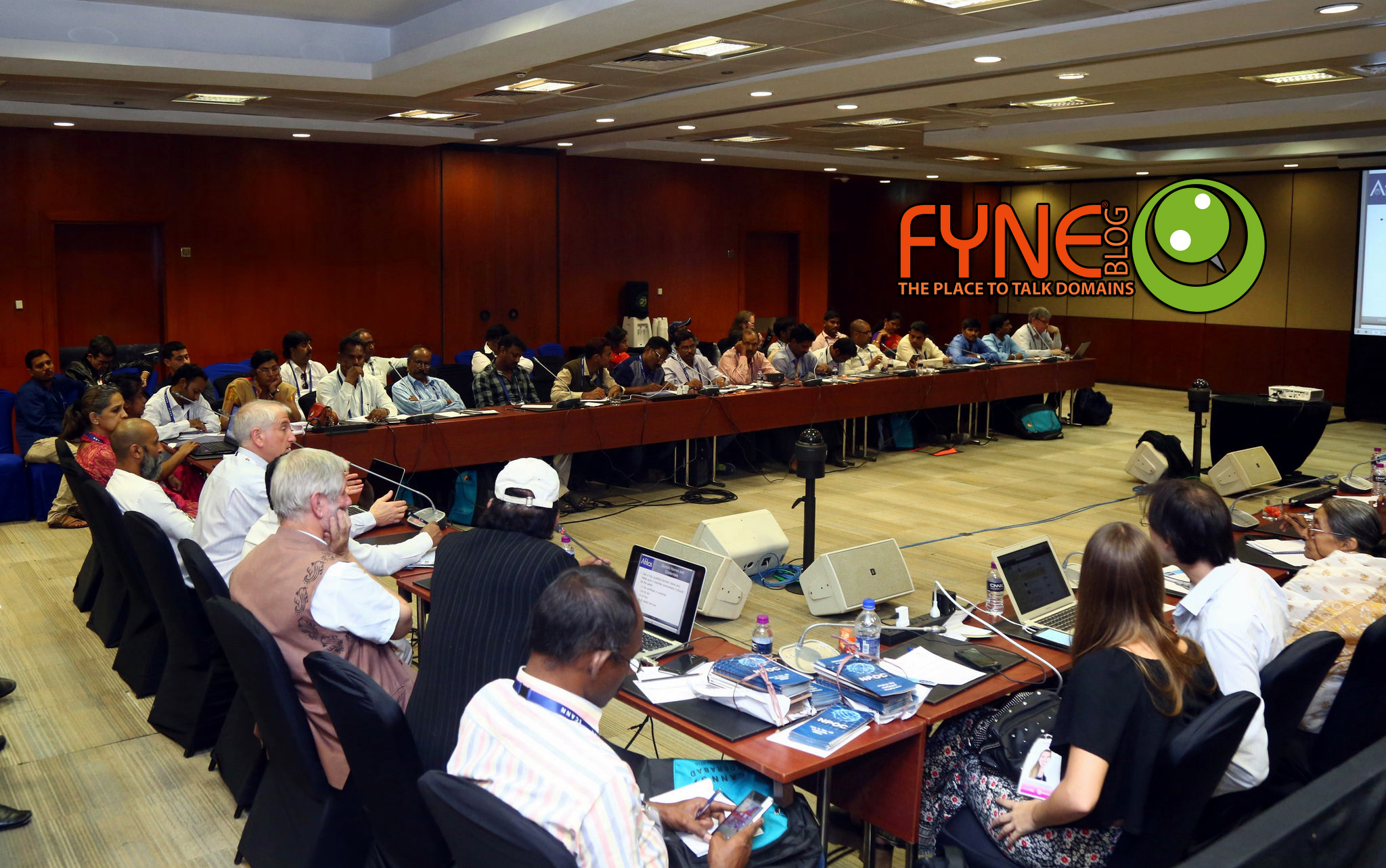The air-raid sirens were warning of approaching danger for months, leading up to the ICANN changes on October 1st. That was the date when the U.S. Department of Commerce agreed it would relinquish ICANN oversight it had exercised for the last decades. If you believed the hype, this shift was a totally new thing and the Obama Administration was handing over its keys to the entire Internet to the Russians. What many did not hear in those news reports was that the reforms were basically in the works since 2006, under the Bush Administration.

Why ICANN Was Created (Because One Man Probably Shouldn’t Control The Internet)
With the explosion and concomitant confusion of the Internet by the late 1990s, there was little uniform control or oversight. This was partly by design, but it also allowed the Internet, in many ways, to be a lawless highway. The critical responsibility of distributing IP addresses and certain website domains ended with one man, Jon Postel. He had done research work in the field and was very passionate about the ideals of the Internet. Still, he referred to his important role as his “side job.”
As the Internet rapidly grew and spread across our world, the United States Congress saw a need to establish some sort of order and management of the plethora of new Internet names and websites. It was decided that the Department of Commerce was the most appropriate agency to lead the restructuring and perform supervision, reporting back to Congress often and on demand.
After much negotiating and even strong-arming the sole registry and registrar at the time, Network Solutions, the domain name system’s day-to-day management was moved in 1998. Nicknamed ICANN, The Internet Corporation for Assigned Names and Numbers was a new not-for-profit organization, incorporated in the state of California, with headquarters in the greater Los Angeles region.
A short time later, it also took control of WHOIS and established a domain name dispute resolution policy.
Beyond .com: ICANN Adds New Top-Level Domain Names
By the year 2000, ICANN was able to open up more available domain names by adding 7 new gLTDs (Generic Top-Level Domains): .aero, .biz, .coop, .info, .museum, .name and .pro. Congress argued for others, but ICANN cited manageability as its reasoning for the limited additions, along with the newness of the process.
The year 2004 brought about a more detailed workflow for considering and approving new TLDs, including if the potential extension reflected relevant “technical, economic, socio-political and cultural issues.” An application guidebook was also developed, which took through 2012 to be formally adopted in its entirety.
U.S. Oversight of ICANN Begins to End
In 2006, our government signed a new contract with ICANN. It allowed the U.S. Department of Commerce to have less oversight over parts of the operations of ICANN. The Internet had matured significantly since 1998 and countries and companies around the world requested more independent decision-making at ICANN and expanded representation.
There was always an expectation that ICANN would be autonomous, breaking free from one government’s control. International controversy had been playing out for years, because the U.S. Government retained a part of ICANN’s structure for so long.
Agreement Between U.S. Department of Commerce and ICANN Officially Ends
On October 1st, 2016 our government contract with ICANN expired. ICANN became accountable to international Internet community stakeholders. Committees were formed, including a technical committee, industry committee, governmental advisory committee, along with representation by internet users and telecommunications experts.
The Congress never intended for U.S. management of the vital domain name system (DNS), gTLDs, registries and registrars to be never-ending. Still, the United States retained its ability to provide input and contribute to policy decisions.
“This transition was envisioned 18 years ago, yet it was the tireless work of the global Internet community, which drafted the final proposal, that made this a reality,” said ICANN Board Chair Stephen D. Crocker. “This community validated the multi-stakeholder model of Internet governance. It has shown that a governance model defined by the inclusion of all voices, including business, academics, technical experts, civil society, governments and many others is the best way to assure that the Internet of tomorrow remains as free, open and accessible as the Internet of today.”
Politicians and Pundits Challenge Spin-off, ICANN Oversight Changes
Critics immediately complained that the new setup would encourage other countries to incorporate their own ideas and/or ideologies into ICANN and the Internet. Congress, they suggested, in allowing this change, had set the stage for ICANN to move its headquarters outside our borders. Then, more repressive countries could come forward with their own ideas of assuming control over the agency.
On the other hand, Lawrence Strickling, Administrator of the National Telecommunications and Information Administration (NTIA)–a part of the Commerce Department that advises the President on telecommunications and information policy issues, favored the transition. He claimed that each successive agreement the U.S. forged with ICANN made the relationship weaker. Strickling said a new governing body was needed to provide oversight for ICANN, and that an extension or minor change in the expiring contract could have lead to our country losing any control.
Texas Senator Ted Cruz suggested that the transition amounts to giving away the Internet. Since its inception, the United States has stood guard over the Internet and its functions, guaranteeing that the principals of the First Amendment will remain a vital part of Internet service to all. However, he claims, without this oversight, everything could quickly change. Senator Cruz echoed concern that ICANN would move its headquarters to another country, exposing ICANN to the influence of foreign leaders.
Many television pundits believed Russia is working on ways to take advantage of the new ICANN and assume dominance of the Internet. Most Republican lawmakers opined that President Obama had “abandoned the Internet” and we could see major changes to the web as we know it.
At 2 months in, there has not been evidence of that so far. Lawrence Strickling insists that the transfer of oversight prevents authoritarian regimes from taking over ICANN functions to expand their policies beyond borders, because there is a new democratic and multinational board at the helm.
Unchanged: the nearly equal division of opinion on the ICANN transition.

We were so worried about The Russians that Obama gave away the keys to the Internet and is no longer protected by the first amendment.